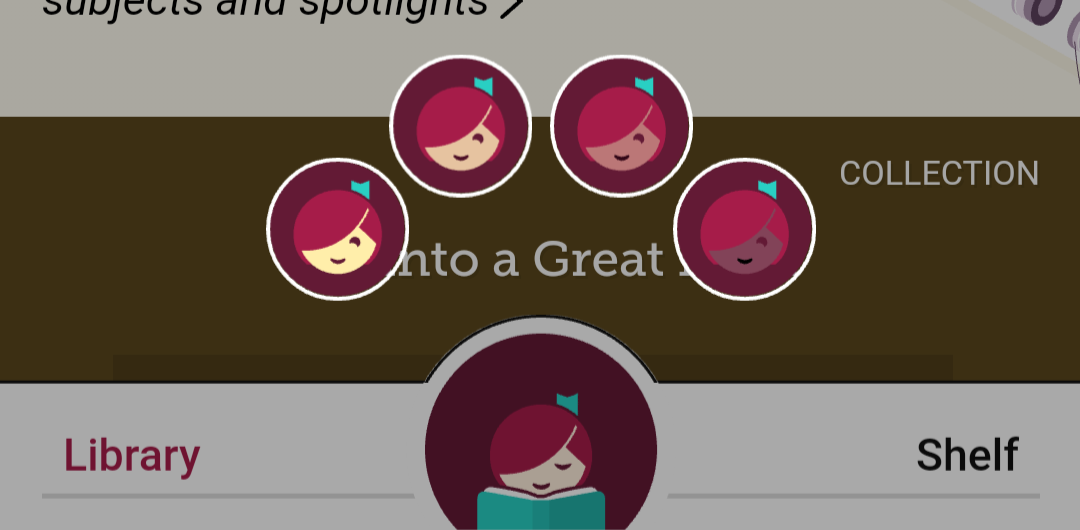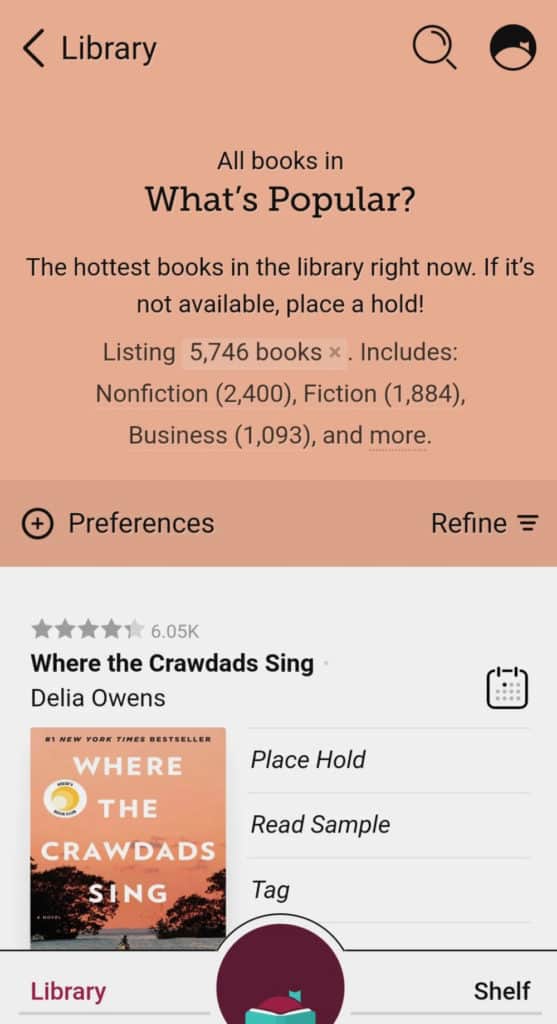
Here's a quick list of the different protocol types and how much data they use:ġ28-bit PPTP: This protocol uses the least amount of data. However, it also provides the lowest level of security and privacy. That type could be less secure and could compromise your privacy while you are online.

It doesn't make sense, though, to simply turn to the protocol type that uses the least amount of data. These protocols all use differing amounts of data. There are different VPN protocols that you can use to make a connection to the internet through a VPN provider. What VPN protocols consume the least data? This means it won’t necessarily think to throttle your data and slow your online speed.

They might do this as a way to persuade you to purchase a pricier internet plan that doesn’t come with these slowdowns.īut if you're connected to the internet through a VPN, your ISP won't know and won’t see your IP address and won’t recognize you as a heavy user. Basically, this will slow your online speeds, which can make your online session a frustrating one. If you’re a particularly heavy internet user who spends hours downloading videos or playing online games, your ISP might decide to throttle your data. Because your internet service provider - or ISP - can't see what you're doing online, it also can't use data throttling to slow down your online speeds. Using a VPN does come with one positive related to data usage. But it does mean that using a VPN will grow the amount of data you consume by anywhere from 5 percent to 15 percent, according to some estimates. Browsing the internet, listening to music, downloading videos, and streaming movies will still count against any data limits set by your providers, whether you're using a VPN or not.Īnd here's a negative: You'll use slightly more data with a VPN because this service encrypts your data. Unfortunately, using a VPN to get online doesn't mean you can forget about data caps. Going over these caps can cost you extra fees or slow your online speed to a crawl. It's not surprising, then, that you want to use as little data as possible. If you regularly access the internet from your phone or a tablet, you probably rely on a data plan, at least some of the time, to visit sites, watch movies, and send email. This price is worth it, though, for that increase in privacy while surfing the web. Most VPN providers charge for their services. VPNs also encrypt the data you send and receive, scrambling it so that these same snoops can't see the sites you visit, files you download, messages you post, or videos you watch. If you do this, your IP address will be hidden from hackers, businesses, government agencies, or other snoops. Once you do, you'll log onto that provider's service before connecting to the internet. You'll first have to sign up with a VPN provider. What is a VPN, and why should you use it?Ī VPN is an important tool if you want privacy while online, especially if you are logging on from a public space such as your local library, an airport, hotel lobby, or coffee shop. Those other benefits of relying on VPNs far outweigh the disappointment that such a network still counts against your data plan's caps.

This doesn't mean, though, that you shouldn't invest in a VPN. That's because the data that you access through these devices must first travel through the servers of your internet service provider or mobile provider before it reaches the server of your VPN provider. The reason? Using a VPN will count against the data limits on your smartphones or tablets. But there's one thing VPNs can't do: They can't help you avoid pushing past the limit on your data plan. They may also help you access online content that is restricted in your region. These networks, better known by the acronym VPN, hide your IP address and boost your privacy while browsing. There are many benefits to connecting to the internet through a virtual private network.


 0 kommentar(er)
0 kommentar(er)
